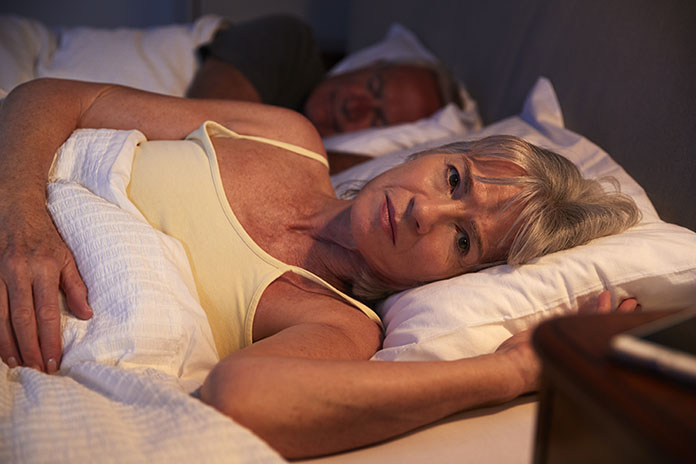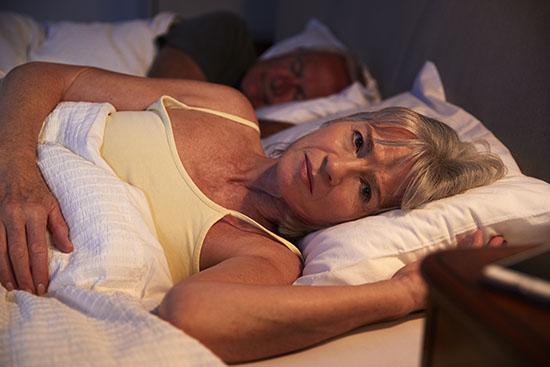Causes Of Insomnia
If you don’t get enough sleep, you’re not alone. More than one third of American adults get less than the seven hours of sleep recommended to maintain overall health and well-being. While insomnia is a primary reason that many people don’t get enough sleep, there are a number of other factors that can keep you from getting a full night of peaceful slumber. Among them are shift work, caffeine or alcohol intake, jet lag, stress, pain conditions, medication side effects, and pets.
Chronic lack of sleep can raise your risk for a wide variety of health problems. People who short change their sleep are at greater risk for high blood pressure, heart disease, and diabetes. In addition about 90 percent of people who don’t sleep enough also have one or more other health problems. Sleeplessness can aggravate depression, decrease your sex drive, and affect the hormones that regulate hunger and appetite, making you more prone to weight gain.
While you sleep, your body is rejuvenating itself, and so is your mind. Your brain consolidates memories while you’re sleeping, so a lack of sleep can affect your memory. This may translate into poor attention span, lack of concentration, and decreased alertness. As a result, people who are sleepy are at an increased risk for accidents. On the job, workers who don’t get enough sleep are 70 percent more likely to be involved in accidents than their well-rested counterparts. And lack of sleep was a factor in some of the world’s largest industrial accidents, including the Exxon Valdez oil spill and nuclear reactor meltdowns at Chernobyl and Three Mile Island.
While there are a number of causes of sleeplessness, insomnia can be the most frustrating. You may put in the hours in bed, but still not get the sleep you need. And not all insomnia is created equal; you may struggle to fall asleep, stay asleep, wake in the early hours long before your alarm goes off, or not get to sleep all night long.
Acupuncture For Insomnia
While many people take prescription medications to help them get a good night’s sleep, some balk at habitually having to take something to sleep every night. For that reason, many sleepy people have turned to acupuncture for help, and for a good reason. In a review of 46 studies on treating insomnia with acupuncture, researchers found that acupuncture was more effective that medications in increasing sleep duration.
There are a number of reasons that acupuncture can help you get a good night’s sleep. It stimulates the hormone melatonin, which is responsible for the surge of sleepiness that you get before bedtime. Acupuncture also increases the circulation of endorphins in your brain, which help to decrease anxiety, relieve stress, and help balance your mood. As a result, acupuncture is relaxing, helps to stimulate the onset of sleep, reduces episodes of sleep disruptions, and can relieve pain conditions that may be waking you at night.
If you struggle with sleep and decide to go the acupuncture route, your practitioner will take into account your sleep issues and health history, and then develop a treatment plan specific to your unique needs. In addition to acupuncture, they may incorporate an herbal prescription, dietary recommendations, or lifestyle modifications for the best results.
![]() If you like this article, please share it with your friends using the floating Share buttons on the left margin.
If you like this article, please share it with your friends using the floating Share buttons on the left margin.
![]()



